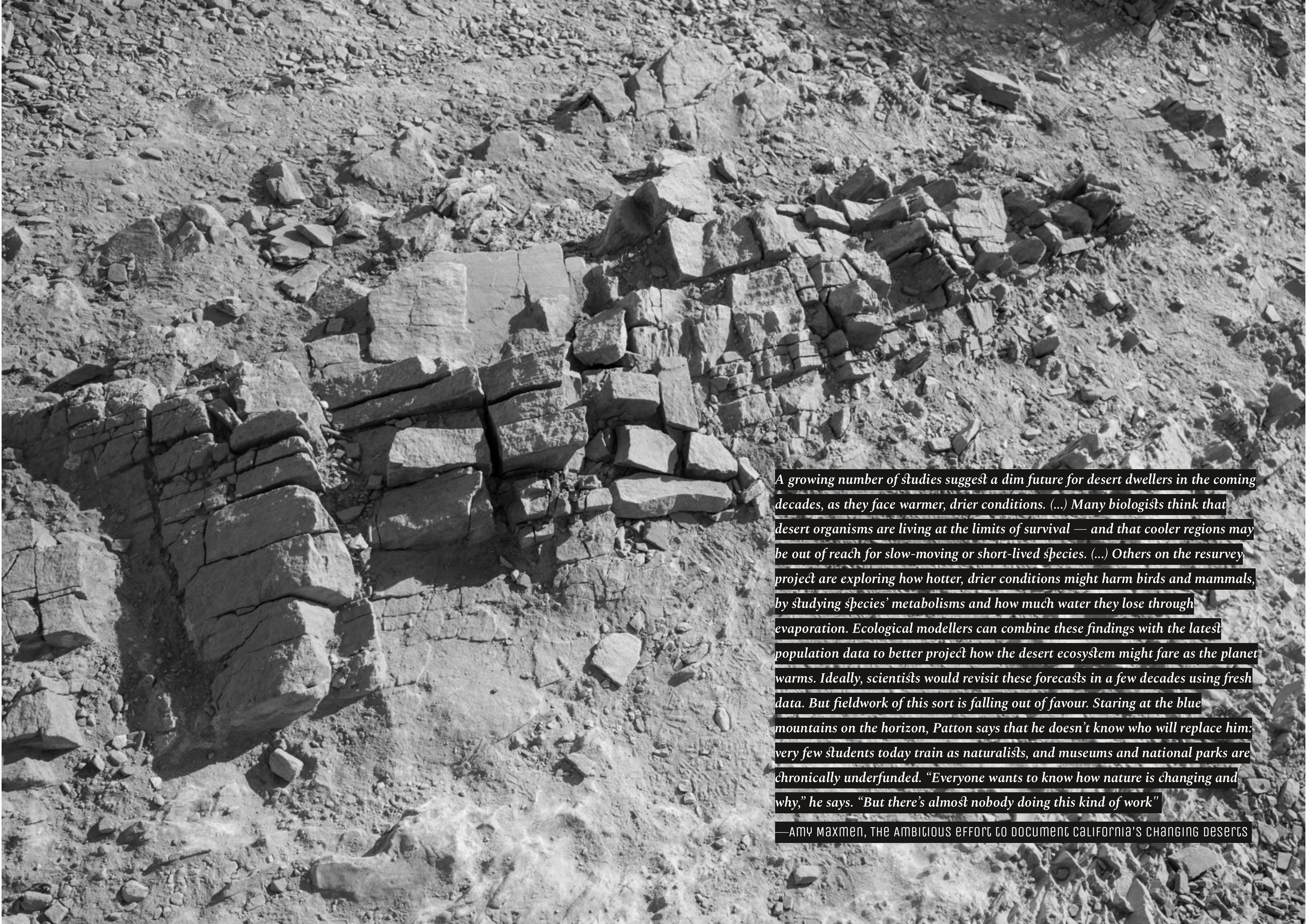An Awareness Exercise
By Ron Broglio
It is not enough to fight for the land; it is even more important to enjoy it. While you can. While it’s still here. So get out there and hunt and fish and mess around with your friends, ramble out yonder and explore the forests, climb the mountains, bag the peaks, run the rivers, breathe deep of that yet sweet and lucid air, sit quietly for a while and contemplate the precious stillness, the lovely, mysterious, and awesome space. Edward Abbey, Desert Solitaire
Sometimes we overlook the obvious that is right in front of us. This exercise is designed to help us pay attention to the entities of the landscape.
Duration: five to fifteen minutes
Preparation: It is handy to have a notebook and pen or pencil to write down your reflections.
First, Quiet your body and mind then look around. Choose something to spend time with and focus on. To help you choose, ask yourself: what in the landscape calls to you and what do you feel drawn toward? Then, saddle up next to this entity: a large rock, a cactus, or an agave or anything in the landscape that calls for your attention. Spend some time in front of this entity. Look, listen, and observe. The key here is to not get distracted. Just focus on this one entity.
Ecological awareness is saturated with nothingness, a shimmering or flickering, a shadow play of presence and absence intertwined. What does this feel like from moment to moment? Tim Morton, Humankind
There is much to notice: light, shadows, colors, textures. Then more deeply there is the felt duration of the entity’s life in the landscape, the sense of time it holds in its surfaces, its weight and sense of place.
To perceive is to find ourselves not supplied with sense data or objects but subjected in each thing to a reality in the interrogative mode, whose consistency and coherence weighs on us with the weight of an imperative. The imperatives in things, the imperatives things are, do not order us with an imperative for a universal and necessary form of response our thoughts would program for our sensibility; they order the diagrams and variations of our postural schema and exploratory manipulations. A thing is there not as a given and not as a a possibility or a hypothesis but as an imperative. Alphonso Lingis, The Imperative
Reflections: List things you noticed about this thing that you did not notice before? Has your feelings or thoughts about this entity changed and if so, how? Next, draw parts of the entity that you found most compelling.
Dust and Shadow Reader Vol. 1. Previous: fieldnotes 1. Next: ways of listening.
For references: bibliography
